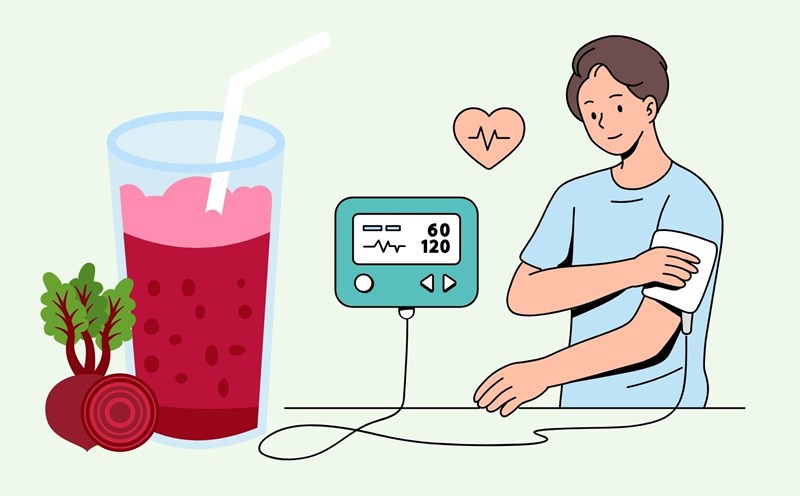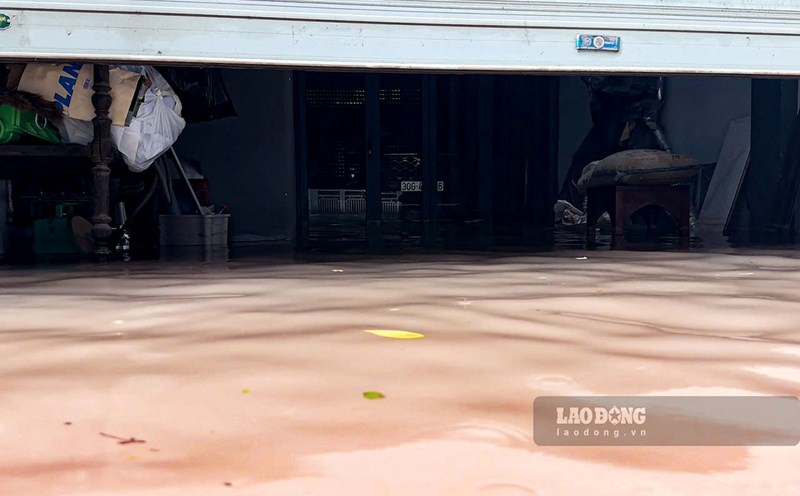The kidneys act as the body's natural filter, ensuring fluid balance and eliminating waste.
However, factors such as high blood pressure and increased blood sugar levels can impair this important function over time.
According to Dr. Parin Sangoi, an interdisciplinary cardiologist at Wockhardt Hospital, Mumbai Central, high blood pressure puts constant pressure on small blood vessels in the kidneys.
Over time, blood vessels will harden and constrict, reducing the ability to filter waste. This is why high blood pressure is known as a "silent killer", and damage can accumulate many years before symptoms appear, said Mr. Sangoi.
Controlling blood pressure through regular monitoring, adherence to medication, a diet low in sodium, and physical activity all help reduce the risk of kidney complications.
Regarding blood sugar, Dr. Vijay Negalur, Head of Diabetes at KIMS Hospital, Thane (Maharashtra, India), explains that prolonged high blood sugar causes the kidneys to work harder to filter, leading to damage to small blood vessels and protein leakage into urine, which is a warning sign that the kidneys are under stress.
If left unchecked, this condition can progress to diabetic kidney disease, with permanent damage to the filter units (dialysis), emphasized Mr. Negalur.
Dr. Negalur says both conditions are dangerous, but prolonged high blood sugar often causes direct and faster kidney damage than high blood pressure.
High blood pressure damages blood vessels and reduces filtering efficiency, but high blood sugar is more predictable and directly affected.
Notably, most patients have both high blood pressure and high sugar levels, this combination increases the rate of kidney damage.
Therefore, simultaneous control of both blood pressure and blood sugar through a reasonable diet, regular exercise, periodic monitoring and adherence to treatment is the key to protecting kidney health, according to IndianExpress.
Experts emphasize that early detection and prevention are key factors, limiting sodium and sugar, maintaining a reasonable weight, drinking enough water and having regular health check-ups all help reduce the risk of kidney damage in the long term.










